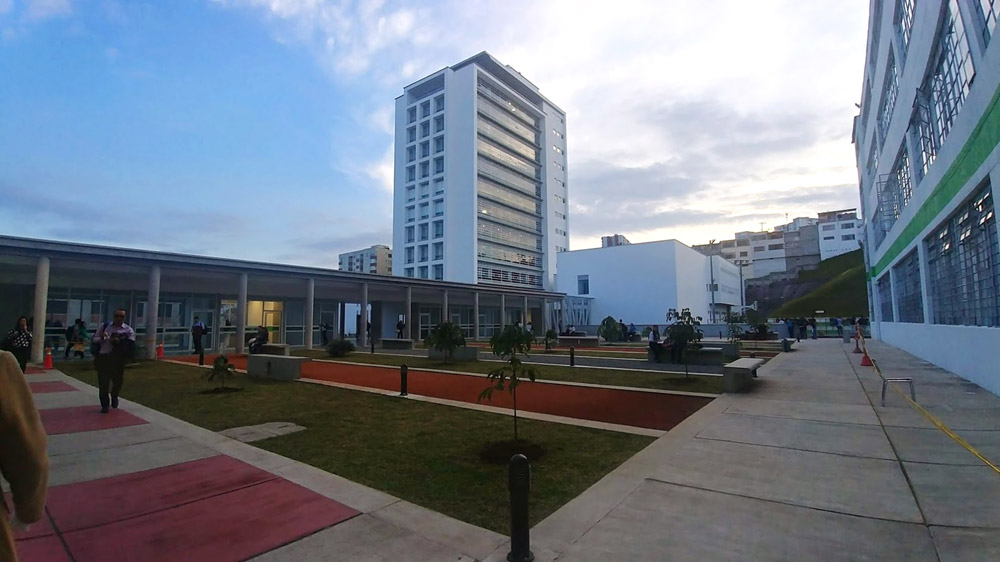It currently has high-quality accreditation granted by the Ministry of National Education and has about eight thousand students, who pursue their professional careers in 15 professional undergraduate academic programs and 36 postgraduate programs including specializations, master’s degrees and doctorates, which are distributed in five fields of knowledge: 1) Social and Human Sciences, 2) Accounting, Economic and Administrative Sciences , 3) Science and Engineering, 4) Legal Sciences and 5) Health Sciences.
What has done your institution concerning social innovation? ¿What does your institution understands social innovation?

The University of Manizales is built on two pillars, reasonability and rationality, the first one is supported in reason as a liturgy to democracy and solidarity, and the second one, on harmony between science, technology, innovation and humanism. It recognized itself as humanist by nature, where values such as solidarity, plurality, equity and social justice are part of the ethic that promotes the human development, and therefore, and therefore, its work is assumed as a moral and political mandate oriented towards the strengthening of citizenship, the social transformation and environmental sustainability.
The University promotes the innovation culture through philosophical, scientific and cultural debates, but also with concrete actions in its missionary axes from: research, social projection and training. In the first axis, scientific commitment with the country has led to the University of Manizales to leading academic processes in knowledge fields such as public health, psycho-pedagogical care, suicide prevention, human development, education and diversity, childhood and youth, environmental care and sustainability.
These advances in research are articulated with the second axis, the social projection, which over the years has allowed building relationships with public and private organizations, in a partner work ranging from the diagnosis of social realities, the joint construction of solutions and the purposeful evaluation of the programs advanced by the State in that mission. Finally, from the training axis, these fields of knowledge have been materialized in the academic offer with more than 45 innovative programs in the three missional axes, including one program focused specifically on innovation management.
What has done your institution concerning climate change?
The University of Manizales since the early 21st century has been aligning itself with global concerns about ecosystem destruction, environmental protection and the effects of climate change, and in this challenge, it has created the Environment and Development Research Centre (CIMAD acronym in Spanish), as a specialized space for studies about nature, productive dynamics, environmental education, biotechnology, territorial ordering, risk management, environmental impacts, integral management of residues and climate change. Those research topics are currently materialized in the creation of one specialization, two master´s degree and one doctorate, whose research focuses have as axis the climate change analysis.
Likewise, research processes have also been led in Colombia focused on the analysis of vulnerability to climate change at the territorial level, from the management of adaptation and mitigation programs implemented by local governments, and also addressing productive challenges in agroecological matters, bioremediation technologies, monitoring and risk management, education and environmental conservation, among other topics. The most outstanding projects have been:
• Climate change and nature care: a social construction of diverse communities in Colombia
• State and prospective possibilities for adaptation and mitigation of climate change impact in Colombia’s regions.
• Environmental displacement of the population settled in the eco-region of coffee zone: incidence of factors associated by effects of climate change.
• Human security, vital minimums, practices in environmental water services to mitigate climate change.
• Territorial water management in Caldas: governance challenges for environmental protection and conservation in the face of the effects of climate change.